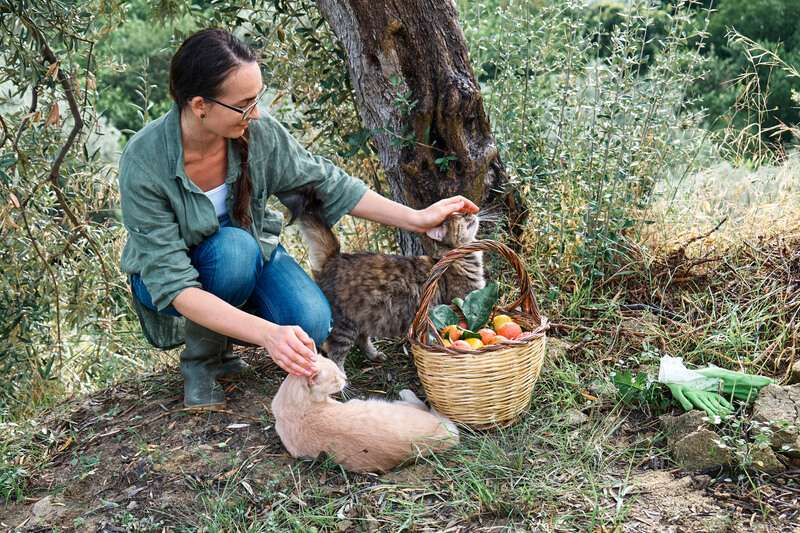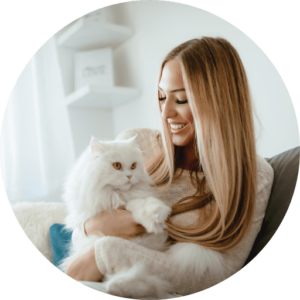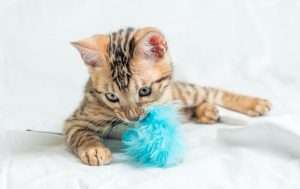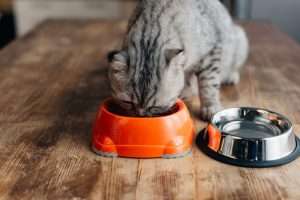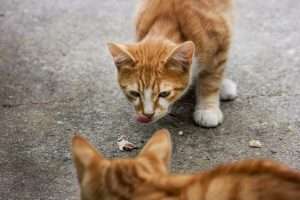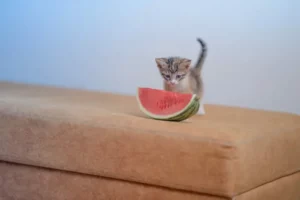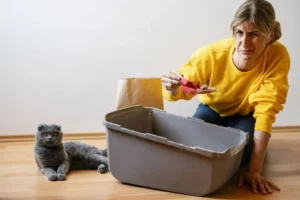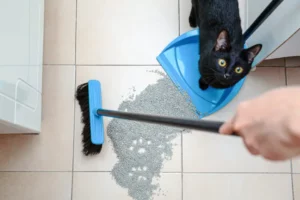Table of Contents
Welcome to our article on whether or not cats can eat olives. As a pet owner, you may be curious about what human foods your cat can and cannot eat. While it is important to ensure that your feline friend receives a balanced and nutritious diet, it is also important to be aware of the potential risks associated with feeding them certain foods. Can Cats Eat Olives?
In this article, we will explore the topic of cats and olives, discussing the nutritional value of olives for cats, the potential risks of feeding olives to cats, and some alternative sources of nutrients that are safe for cats to eat.
We will also provide some general guidance on how to choose the right foods for your cat and ensure that they are receiving a balanced diet that meets their nutritional needs. By the end of this article, you will have a better understanding of whether or not olives are safe for your cat to consume, and what foods you can offer your feline friend instead.
Nutritional Value of Olives for Cats
Olives are a small fruit that are commonly used in a variety of dishes around the world. While olives are not a staple food in a cat’s diet, they can offer some nutritional benefits if fed in moderation. In this section, we will discuss the nutritional value of olives for cats.
Olives contain several essential vitamins and minerals that can be beneficial to a cat’s health. They are a good source of healthy fats, which are important for maintaining a healthy coat and skin. Olives are also rich in antioxidants, which can help to prevent cell damage and reduce the risk of certain diseases.
However, it is important to note that olives are not a necessary addition to a cat’s diet. While they can offer some nutritional benefits, there are other foods that are better suited to a cat’s nutritional needs. Feeding your cat a well-balanced diet that is tailored to their specific needs is the best way to ensure that they are getting all the nutrients they need to stay healthy.
In addition to their potential benefits, there are also some risks associated with feeding cats olives. Olives are high in sodium, which can be harmful to cats if consumed in large amounts. They can also cause digestive issues such as vomiting or diarrhea if consumed in excess.
Overall, while olives can offer some nutritional benefits to cats, they should be fed in moderation and as part of a well-balanced diet that is tailored to your cat’s specific needs. If you have any concerns about feeding your cat olives, it is always best to consult with your veterinarian.
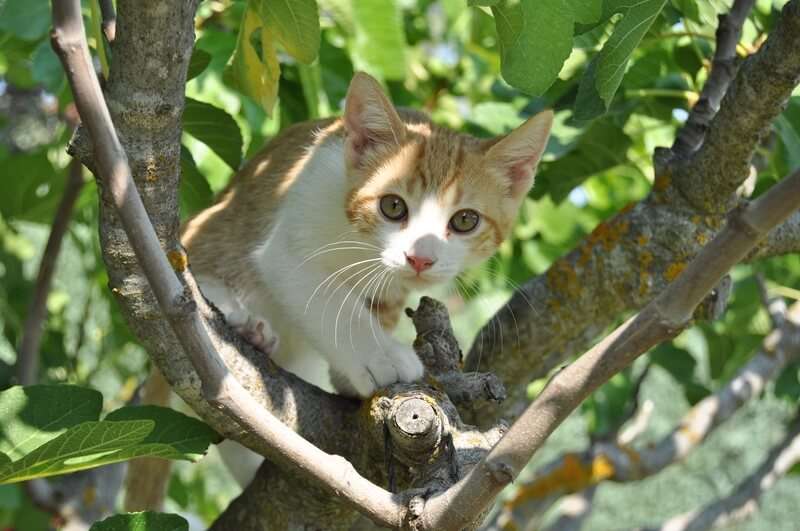
Can Cats Eat Olives?
Olives are not toxic to cats, and they can consume them without any immediate danger. However, olives should not be a significant part of a cat’s diet. Cats are obligate carnivores, which means that they require a diet high in protein and low in carbohydrates. While olives contain healthy fats, vitamins, and antioxidants, they do not provide cats with the essential nutrients they need for optimal health.
Feeding cats olives can also pose some risks and harm to their health. One of the main risks is digestive problems. Olives are high in fat, which can lead to gastrointestinal issues such as vomiting, diarrhea, and pancreatitis. Additionally, olives are often packed in brine, which contains high levels of sodium. Too much sodium can cause cats to become dehydrated, which can lead to kidney problems, and it can also exacerbate pre-existing health conditions such as high blood pressure.
Furthermore, some cats may have an allergic reaction to olives. If your cat experiences any adverse symptoms after consuming olives, such as itching, swelling, or difficulty breathing, seek veterinary care immediately.
It’s also essential to note that some olives are stuffed with ingredients that may be toxic to cats, such as garlic and onions. These ingredients can damage a cat’s red blood cells, leading to anemia. Therefore, it’s crucial to avoid feeding your cat stuffed olives and to read ingredient labels carefully.
In summary, while olives are not toxic to cats, they are not a necessary addition to a feline’s diet. Feeding your cat olives can pose risks and harm to their health, such as digestive problems, sodium toxicity, and allergic reactions. If you’re considering adding olives to your cat’s diet, it’s best to consult with a veterinarian first.
Alternatives to Olives for Cats
While olives can be a tasty treat for cats, it’s important to remember that they are not necessary for a cat’s diet. If you’re looking for alternative sources of nutrients that are safe for cats to eat, there are plenty of options available.
Cooked Meat or Fish
Meat and fish are excellent sources of protein and essential amino acids, which are crucial for a cat’s health. Cooked chicken, turkey, beef, or fish can be a great addition to your cat’s diet. However, it’s important to remove any bones and skin before feeding it to your cat. Also, make sure the meat is cooked thoroughly to prevent any bacterial contamination.
Eggs
Eggs are another great source of protein and contain essential amino acids. Cooked eggs are a safe and healthy treat for cats. You can feed them to your cat boiled, scrambled, or poached. Make sure the egg is fully cooked and avoid feeding your cat raw eggs, as they can contain harmful bacteria.
Vegetables
Some vegetables can be safe and nutritious for cats, such as carrots or green beans. They are low in calories and high in fiber, vitamins, and minerals. However, it’s important to cook them thoroughly and cut them into small pieces before feeding them to your cat. Cats are obligate carnivores, which means they require a diet that’s high in animal protein, so make sure to limit the amount of vegetables in their diet.
When introducing new foods to your cat’s diet, it’s important to do so gradually and in small amounts. Sudden changes in diet can cause digestive upset, so it’s best to start with a small portion and see how your cat reacts before increasing the amount.
Remember, a balanced diet is crucial for a cat’s health and well-being. Speak with your veterinarian if you have any questions or concerns about your cat’s diet. They can recommend a diet plan that’s tailored to your cat’s individual needs and help you choose the right foods to keep them healthy and happy.
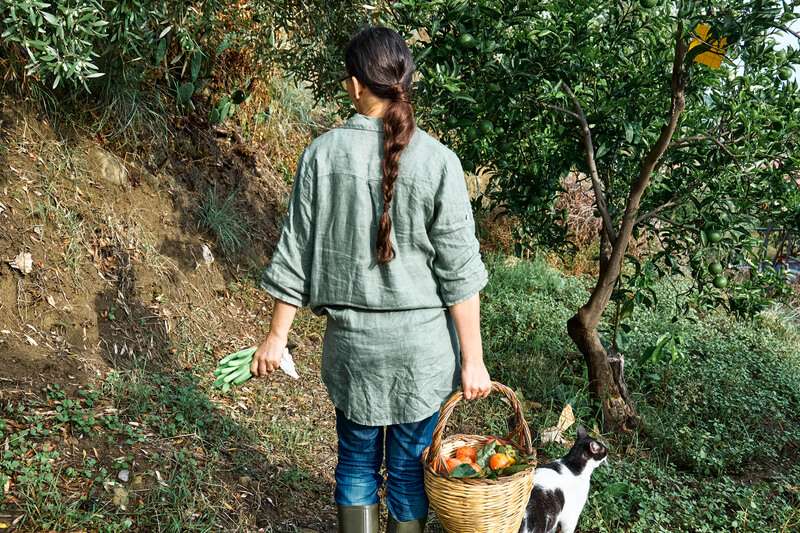
FAQs
While most varieties of olives are safe for cats to eat in moderation, it's important to note that some olives may be seasoned with garlic, onions, or other ingredients that can be harmful to cats. If you're unsure about whether a particular type of olive is safe for your cat, it's best to err on the side of caution and avoid giving it to them.
While olive oil is safe for cats in small amounts, it's not recommended as a regular part of their diet. Olive oil is high in fat and calories, which can lead to weight gain and other health problems if consumed in excess. Additionally, some cats may experience digestive upset if they consume too much oil.
Cats require a diet that is high in protein and fat, with limited amounts of carbohydrates. They also require specific vitamins and minerals, including taurine, vitamin A, and arachidonic acid. It's important to feed your cat a balanced diet that meets all of their nutritional needs, either through a commercial cat food or a homemade diet that has been approved by a veterinarian.
While rare, it is possible for cats to be allergic to olives. Signs of an allergic reaction may include itching, swelling, hives, or difficulty breathing. If you suspect your cat may be allergic to olives, contact your veterinarian for guidance.
If your cat accidentally eats a small amount of olives, they will likely be fine. However, if they consume a large amount of olives or show signs of illness such as vomiting, diarrhea, or lethargy, contact your veterinarian for advice. They may recommend monitoring your cat at home or bringing them in for an examination.
Conclusion
In conclusion, while olives can offer some nutritional benefits for cats, they are not a necessary addition to their diet. It is important for cat owners to understand the potential risks and harm of feeding their feline friends olives, including digestive problems and sodium toxicity. Alternatives such as cooked meat or fish, eggs, and vegetables like carrots or green beans can provide the necessary nutrients for a balanced diet. It is also crucial to consult with a veterinarian to ensure that your cat’s dietary needs are being met and to address any concerns or questions about their health. As with any human food, it is important to approach olives with caution when feeding them to your cat and to prioritize their overall well-being. By making informed choices about their diet, cat owners can help their pets lead healthy and happy lives.


